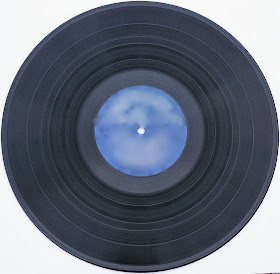Recording a Cover Song: Most Basic Things in Music Law #1
by Sue Basko
Want to record a protest or revolutionary song by Bob Dylan, Michelle Shocked, John Lennon, or any other songwriter? Here's how.
It's easy to legally record a cover song. A cover song is a song written by someone else. Just go to Limelight www.songclearance.com and pay a $15 service fee and about 10 cents in songwriter royalties for each copy of the song that you wish to make. Limelight takes care of all the work for you. So, if you want to make 100 copies of a song you, will be paying the $15 fee plus about $10, or $25 total.
You can also use a service by Harry Fox. Or you can do it yourself, but that is complicated.
These kind of licenses are called mechanical licenses. The royalties are called mechanical royalties. Mechanical royalties are used to make CDs, internet downloads, vinyl (wax), etc.
The mechanical royalty fee is the same per copy for any song, whether it be by an incredibly famous artist or by a local songwriter. The royalty rate has been set by law, or statute, and so is called a statutory royalty. The royalty rate at this time is about 10 cents per song copy.
The songwriter or publisher is compelled by law to allow you to record the song once you give notice of your intent to take a license on it. That is why a mechanical license is called a compulsory license. It is compulsory for the songwriter/ publisher to give you the license. Limelight and Harry Fox take care of the process of giving notice to the right people and paying the royalties.
In most other nations, the songwriter royalties are paid after a song copy is sold. In the U.S., the royalties are paid upfront in advance, before the song copies are sold or distributed.
You owe song royalties for every copy you make, whether you give those away for free, sell them, or let them sit in a box collecting dust.
These rules apply if:
1) You are recording and producing the recording in the U.S.;
AND
2) You are selling the recording in the U.S.;
AND
3) The song is subject to the U.S. Copyright laws.
And .. that is all there is to it. So, go record your favorite hit song. Have fun.
